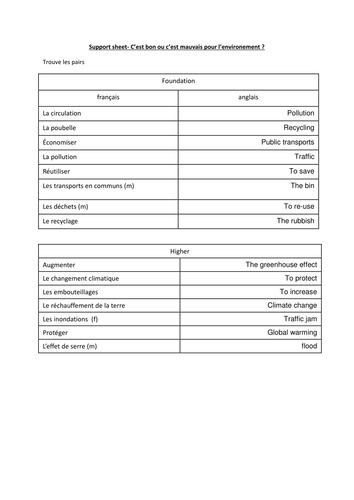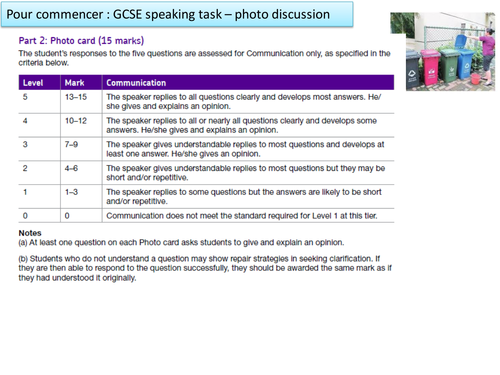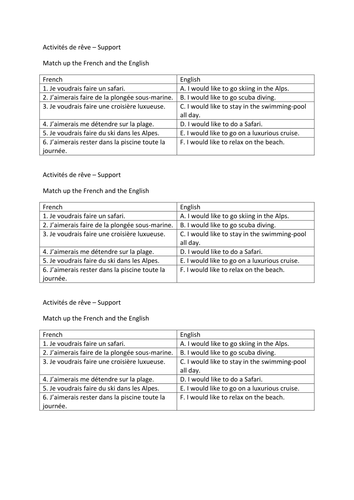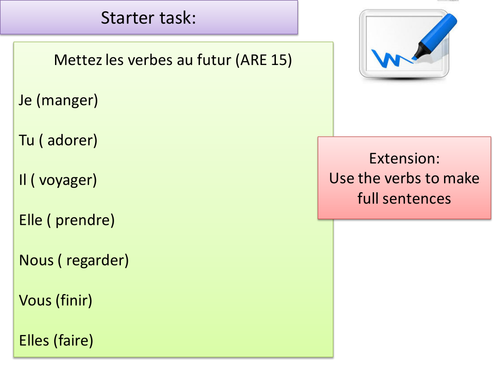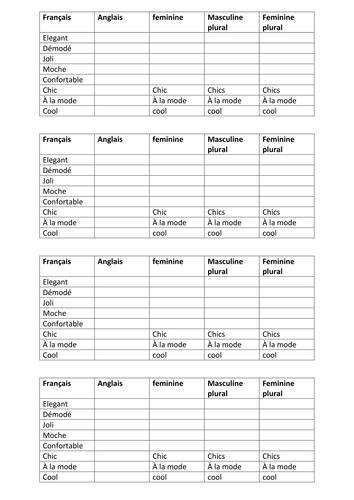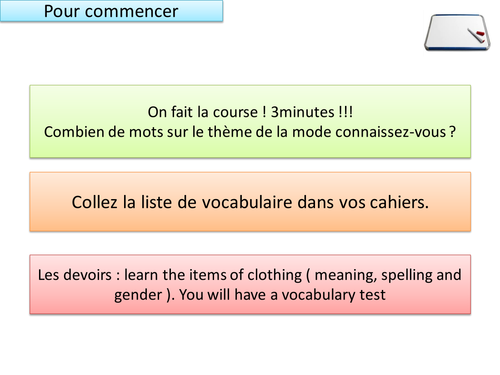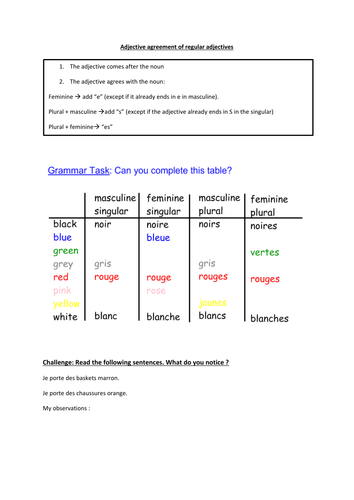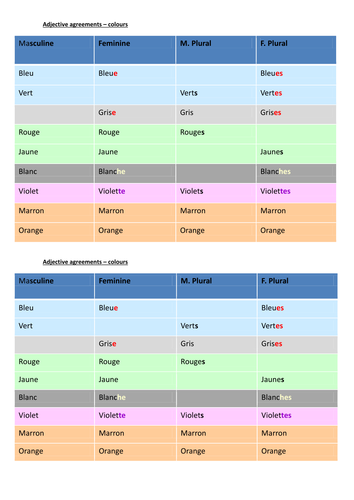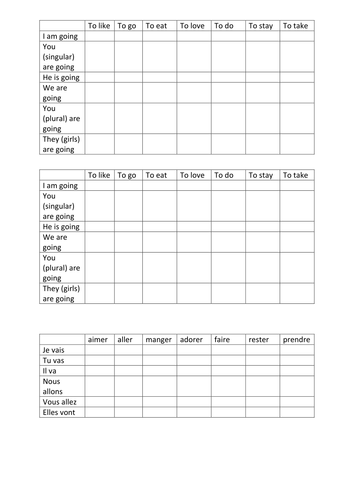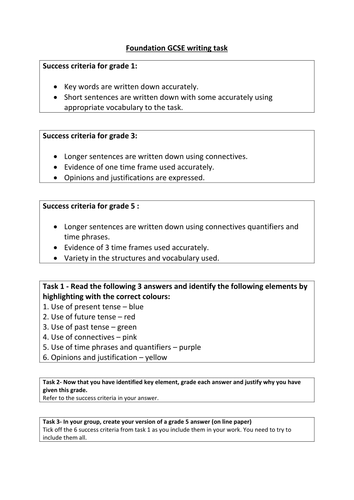Mayana17's Shop
All the resources you will download from me are fully differentiated ( with support and challenge). Mini-plenaries are planned to monitor students' progress. Every lesson has differentiated learning outcome that are revisited at different stages of the lesson to ensure all students are making good progress. When students have to complete a speaking or writing task, you will often find model answers for students to analyse and use to create their own answers.


